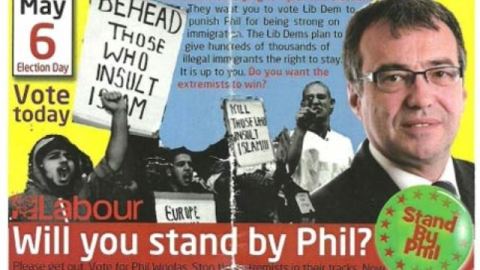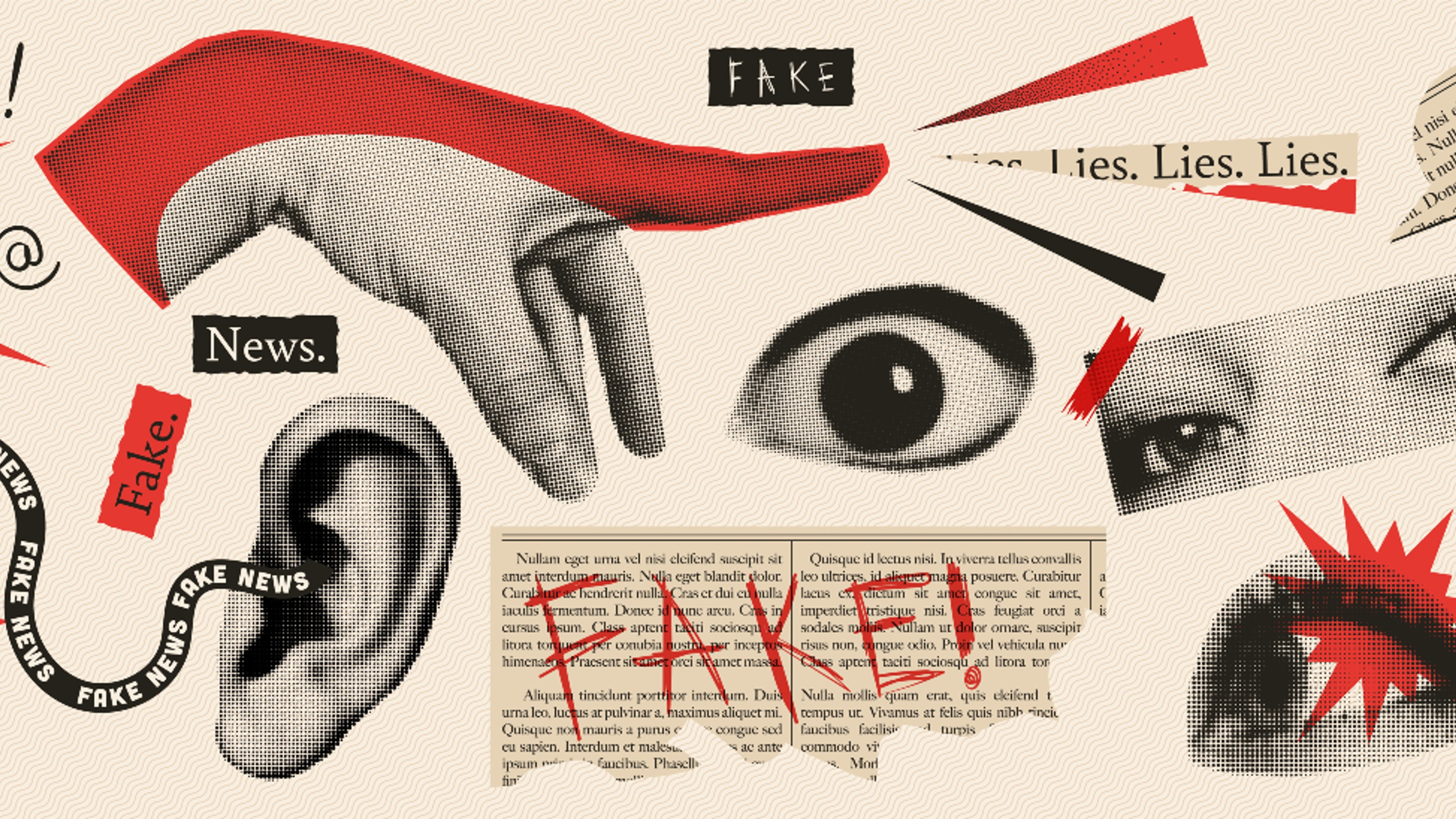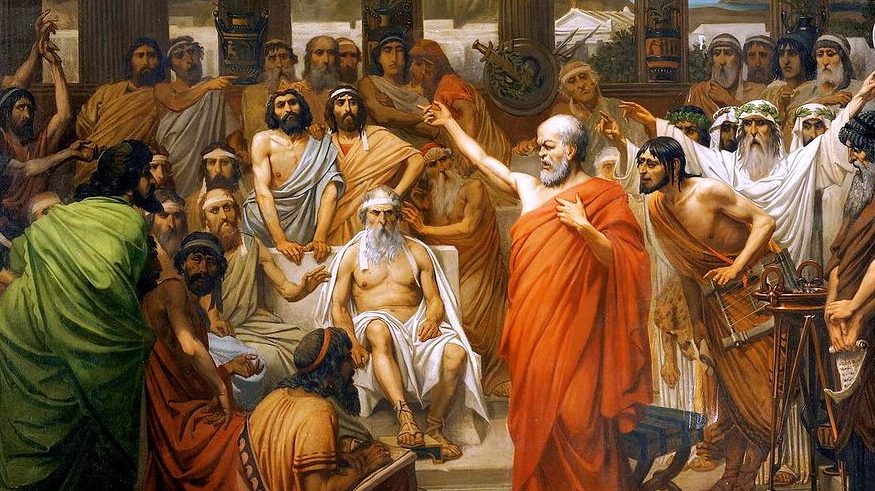‘Dog Whistle’ Politics Sees Former UK Minister Banned From Office

Each and every democracy is sovereign. Each and every country, even if it is in alliance with others, has the sovereign right to make its own choices – albeit observing international law in the process. Still, the fact that Labour’s shadow immigration minister, Phil Woolas – a former Government Minister – was ejected from parliament today after a court ruled he had breached election laws by falsely claiming his Liberal Democrat opponent had “wooed” extremist Muslims in the run-up to Britain’s General Election in May, surely provides a salutatory lesson to all those who might be tempted to lie about election opponents, however heated the election may be. In Britain certainly.
Could there be lessons for American politics – or at least some ammunition for those who are still reeling at so many of the hideous and vicious attack ads that have just characterised the midterm elections? Many of them went a whole lot further than any of the leaflets the former UK Labour Minister issued (one of them is pictured above).
This is the first time in 99 years that a specially convened British election court has overturned the result of a parliamentary poll and ordered a re-run after two high court judges ruled the result of the Oldham East poll void in the North West county of Lancashire.
Woolas’ Liberal Democrat opponent, Elwyn Watkins claimed that in his election materials Woolas lied about the Lib Dems candidate’s involvement with Muslim extremists, his intention to live in the constituency and his campaign funding. The judges ruled that Woolas had knowingly lied on the first two counts, but the third charge could not be proved.
Watkins accused Woolas of stirring up religious divisions in his election campaign in a desperate attempt to secure the election, which Woolas did win, but only by 103 votes. In one leaflet, Woolas’ campaign accused Watkins of “wooing” extremist Muslims.
The court saw in September confidential emails between Woolas’s team, which included the line: “If we don’t get the white folk angry he’s [Woolas] gone.”
During court hearings, Woolas denied he had set out to breach electoral law during the election, arguing that to do so would have been “political suicide”. He was said to have made a number of false statements about Watkins in a pamphlet and two mock newspapers distributed on his behalf in the final stages of the campaign.
Watkins claimed the Labour MP’s campaign team set out to “make the white folk angry” by depicting an alleged campaign by Muslims to “take Phil out”, accusing Watkins of failing to condemn them.
The case was brought under Section 106 of the Representation of the People Act (1983) which makes it an offence for anyone to publish “any false statement of fact in relation to the candidate’s personal character or conduct” to prevent them being elected “unless he can show that he had reasonable grounds for believing, and did believe, that statement to be true”.
As it happens I have known Phil Woolas for nearly thirty years and from way back in the day when he was a left-ish student leader. He went on to become President of the National Union of Students, and was very much a protégé of then Labour leader Neil Kinnock. Woolas is a talented man, who probably expected to go further in politics that as a junior Home Office Minister, but then, as they, that is how ‘the cookie crumbles’. I do however recall when he first stood for Parliament, and in the same constituency, thinking that he was pushing to the extremes some of the claims made against his then Liberal Democrat opponent – accusing him of being ‘soft on drugs’, because he had advocated that cannabis smoking should no longer be a criminal offence.
That said, I was shocked at the material that Phil Woolas handed out at the last election. It pandered to the lowest common denominator and frankly heralded the arrival of ‘dog whistle’ politics to a racially sensitive town.
I don’t rejoice in Phil Woolas’ downfall, as some may be doing. But I can’t help but wonder whether the chastened Phil Woolas of today may be able still to recognise his younger self.





